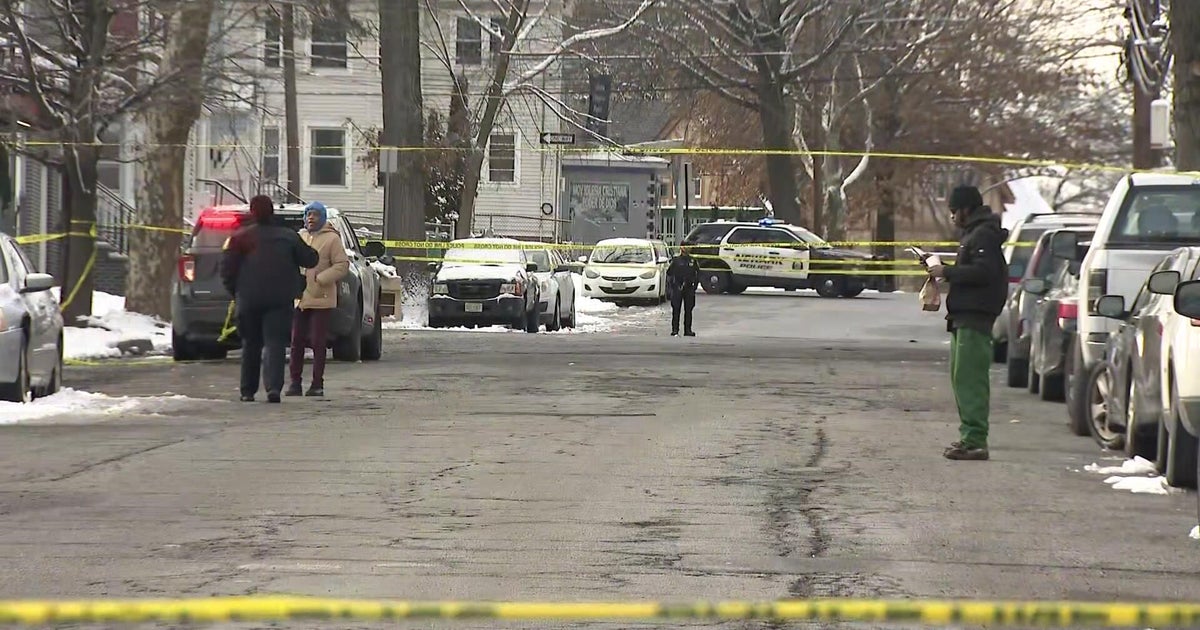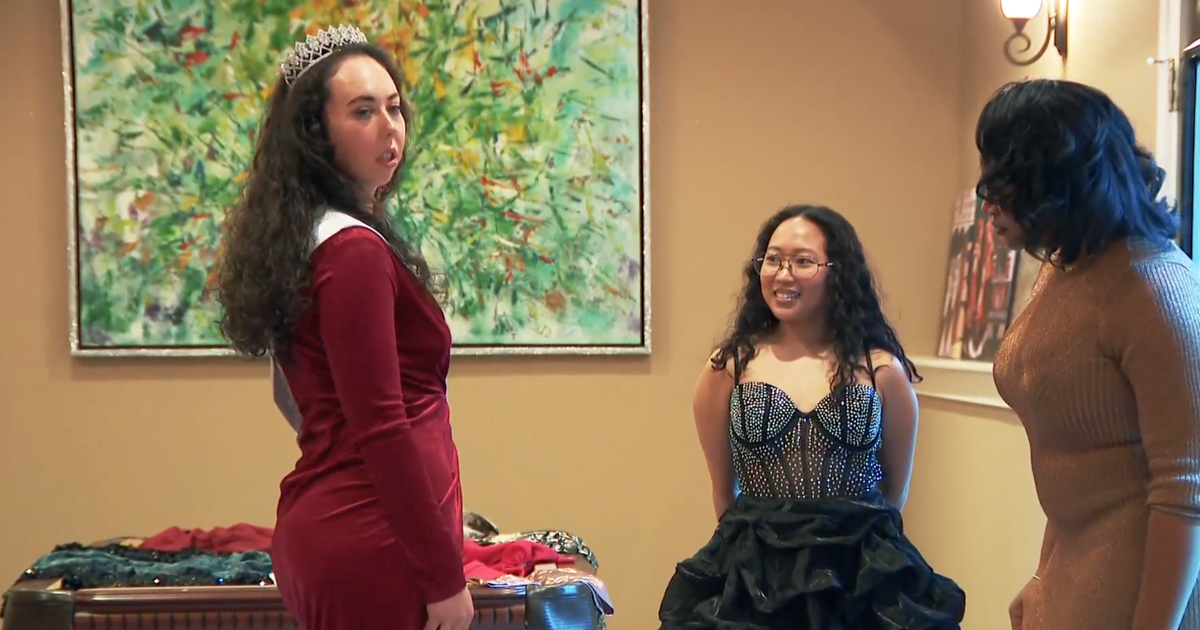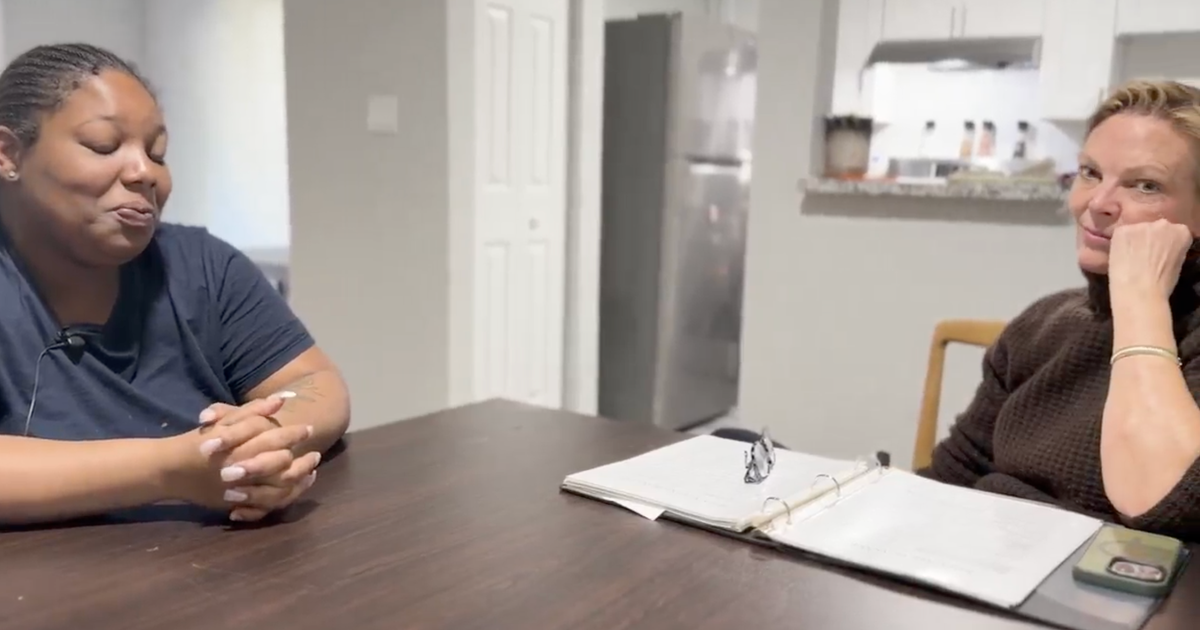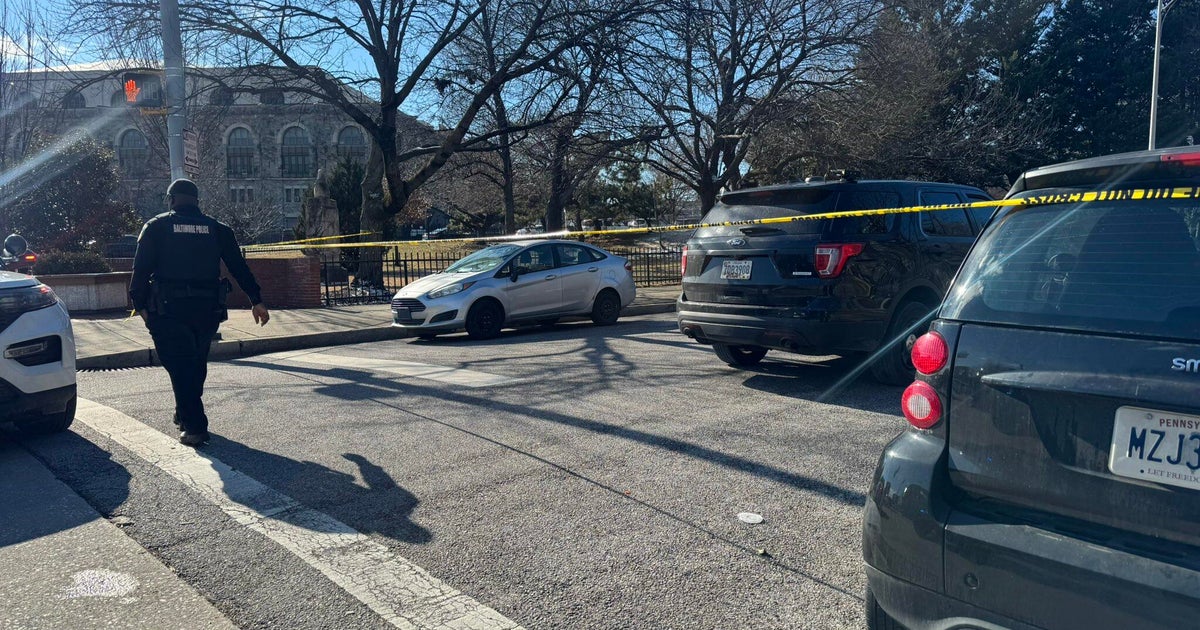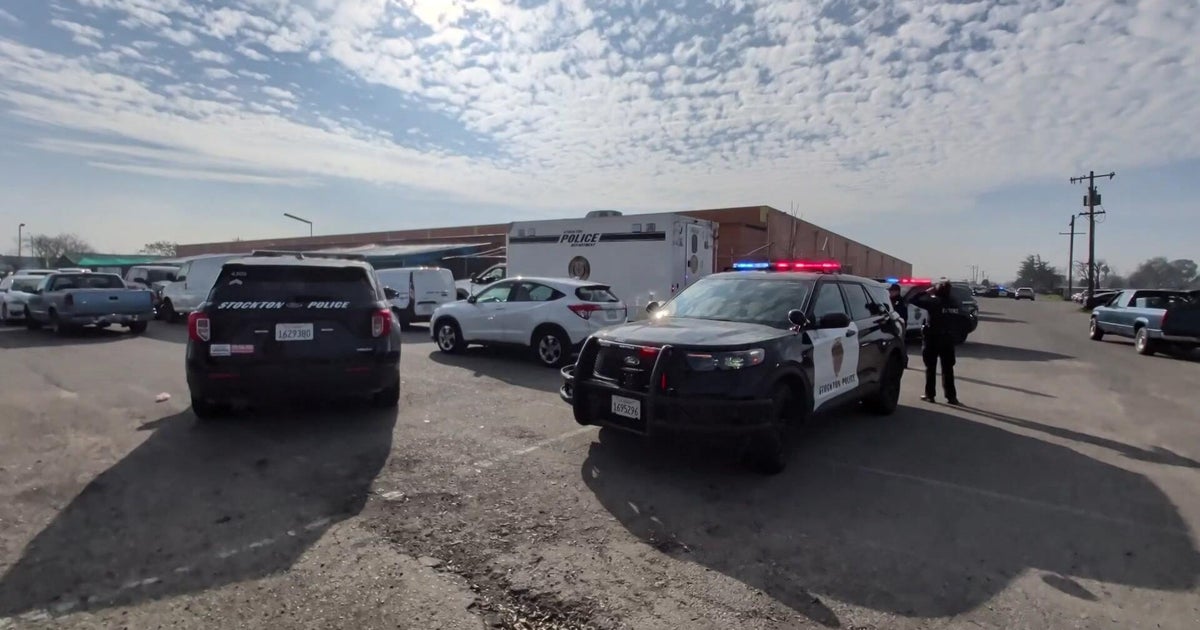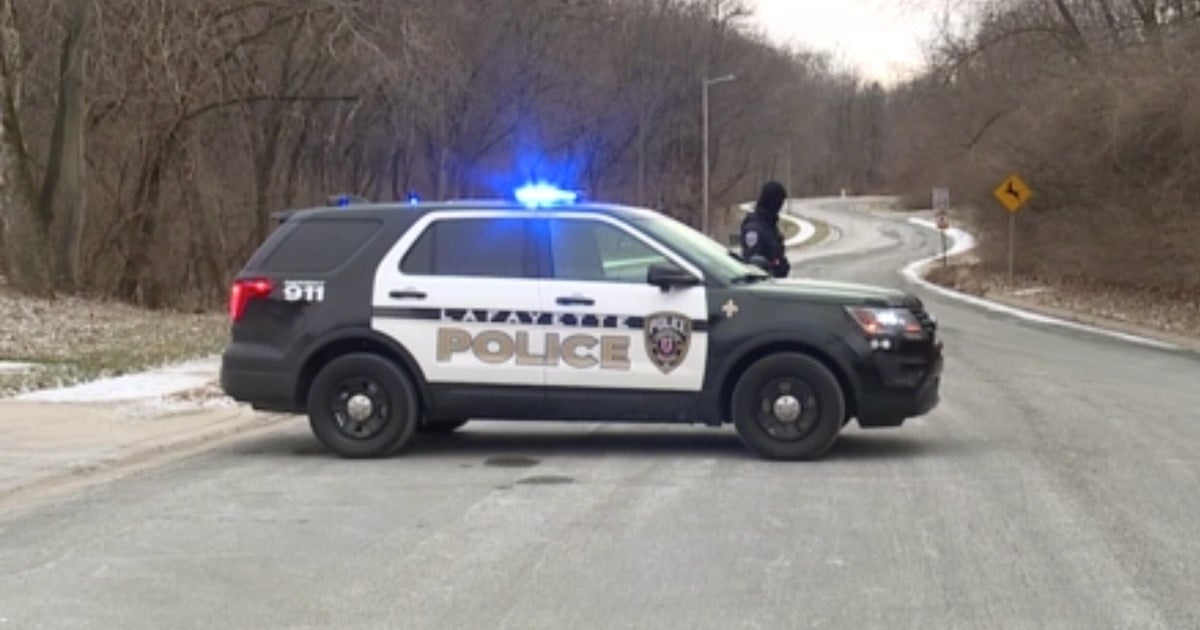"This doesn't go away": Columbine survivor Marjorie Erickson shares struggles in wake of Uvalde school shooting
NEW YORK -- A woman who survived the 1999 Columbine High School shooting in Colorado is talking about her long, painful journey.
She shared heart-breaking insights with CBS2's Alice Gainer about what the road ahead could look like for survivors in Texas.
"Bleeding to death" -- that's the sign Marjorie Erickson and her classmates put in the window.
"We were kids trapped in that room with our teacher bleeding to death, not knowing what was going to happen next," Erickson said.
Erickson is a survivor of the 1999 Columbine massacre. She was a sophomore, cheerleader and A student.
"We were on the phone with 911 for hours. We did everything we could to draw attention to our classroom so that police could find us and it still took at least five hours for them to get us out," she said.
Twenty-three years later, she says there are too many parallels with what happened in Uvalde, Texas.
"It's maddening," Erickson said. "I read about the delayed police response and that did it for me. I was never going to do these interviews again because they're traumatic."
Speaking with CBS News 15 years ago, Erickson said, "It took me years to be able to talk about it."
"Columbine never ended for us. This doesn't go away," Erickson said Wednesday.
She says back in 1999, violent attacks on schools were unheard of and there was little support.
"A lot of families didn't know how to support their children dealing with this. This was still kind of a new thing back then, so they turned to substances. They turned to alcohol or drug use," Erickson said.
Her best friend died by suicide on one of the anniversaries of the attack. For Erickson, being in a classroom again proved to be too painful.
"I dropped out of high school. I got a GED and I had tried to go to college. Unfortunately, I didn't handle a classroom well. I had anxiety and panic attacks," she said. "I feel like so much of my future was taken from me after Columbine because of the trauma that I couldn't process."
Nearly 40 years old, Erickson says she only now, after decades of mental health treatment, feels like she's coming out of a tunnel, though she still suffers from anxiety and depression.
Her mother encouraged her to journal early on, and together they wrote a book. She got her degrees online and is happily married.
She says the children and teachers of Uvalde are going to need good support systems.
"Parents need to just listen and be supportive, and if they can't talk about it, write about it, and if they're too young to write about it, they can draw pictures or paint," Erickson said.
Her 7-year-old niece made her a robot to keep close during hard interviews.
"I don't want her eyes to see what my eyes saw," Erickson said. "I kept picturing her in that situation and how her mind would not be able to handle this. Her mind thinks of Skittles and magic and fairies, and these kids, their world just got shattered."
She doesn't have the answers, but after more than two decades, knows lessons should've been learned by now.
"This is an epidemic, and we need to all come together somehow and figure this out," Erickson said.

